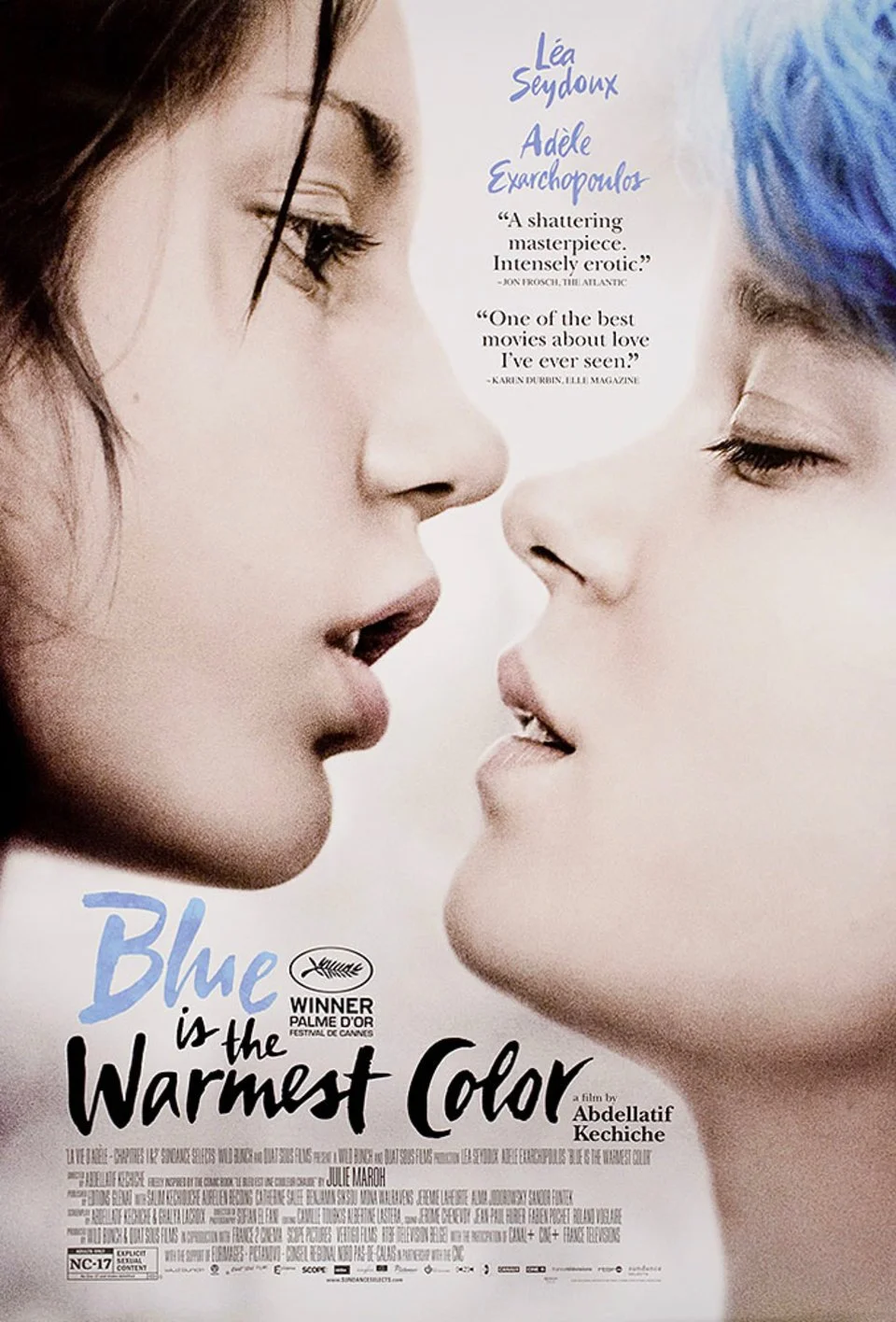Dish of the Day
Just some film musings of a more succinct, spontaneous and sometimes seditious nature:
Friday, February 3, 2023
Today’s “Dish of the Day” has more brief reviews of mine that are inspired by posts in various film related Facebook chat rooms. This includes the Cinema Cafe group (all readers are encouraged to join here: https://www.facebook.com/groups/902349343110685). My thoughts on the following motion pictures typically form an extreme minority view, occasionally even the lone dissenting voice.
Butch Cassidy and the Sundance Kid (1969)
My main problem with Butch Cassidy and the Sundance Kid is that the filmmakers’ lighthearted approach, including a persistent solicitation of likability for the titular outlaws, too often fights with, and detracts from, the life or death nature of the conflicts depicted. A prime example are the scenes with Strother Martin and (what should be) their (more formidable) tragic conclusion. The artistic strength of Conrad Hall’s cinematography adds to the film’s purposeful intent. There are also the energetic performances by both actors to admire in scenes that build on their infectious charisma. Director George Roy Hill does about the best he can blending the disparate viewpoints but neither he nor the aforementioned contributors can overcome the reduced resonance the opposing elements of affable tone and violent chaos bring about after their story ends.
Blue is the Warmest Color (2013)
Blue may be the warmest colour but here it only provides a lukewarm cinematic romance. As artsy as Blue is the Warmest Color tries to be, at its centre there’s still a conventional story about infatuation and what happens to our heroine, Adèle, when her lover, Emma, leaves Adèle for someone else, a conclusion that fails to register the level of understanding or empathy the filmmakers were evidently striving for. This type of basic plot outline (perhaps without the female attraction to another female component) has been told many times before... and with far greater insight. Perhaps the narrative would have benefitted, at least initially, if it had been about the avoidance of romance (e.g. L'Avventura or Last Tango in Paris). What we have instead is an avoidance of substance. On the positive side, this film’s initial "slice of life" cinéma-vérité approach with its leisurely pace allows us to absorb the ambiance of living, a natural relaxed point of view typically absent in many U.S. produced, artificially enhanced plot driven scenarios. There’s a brief conversation about Martin Scorsese movies that adds a certain charm. Then, those run-of-the-mill narrative contrivances start to arise (as well as being rather oddly and quickly jettisoned) that conflict with the filmmaker’s otherwise breezy, joie de vivre approach, the latter of which can be best appreciated in the more refined and illuminating French films by Truffaut, Rohmer, Malle and Godard. * Blue is the Warmest Color’s lengthy running time allows for a number of these routine routines, e.g. Adèle’s first unsatisfactory relationship with a male admirer, being ostracised by her fellow students, or later worry over how her parents might feel about Emma. Finally, Adèle cheats on Emma with a recent male acquaintance (on a whim one supposes) which apparently leads to Adèle’s final loss of what... her true love or great sex partner? Speaking of sex, the long length of these controversial scenes is not, in and of itself, a concern. It's the lack of concern between the two participants that makes their physical interactions seem devoid of feeling, hence prurient in nature. Adèle’s absence of discernible thought processes in the film's beginning (toward her male admirer and female friends) middle (her enchantment with Emma) and finale (losing Emma to a female work colleague named Lise) alienate our emotional involvement as well. ** This apathy spreads to other characters and situations (e.g. Emma’s attraction toward Lise) that are also purposely distant and mystifying. There's just too much awkward ambivalence throughout to make this long self-indulgent and, what turns out to be, pretentious film engaging, its ending tragic or poignant.
* Just about all of Éric Rohmer’s intimate and insightful films, in fact, manage to get the balance between spontaneity and discovery just right.
** having a first person narration (à la Brief Encounter) or our protagonist confiding with another (as in L'Appartement) would have helped us identify and empathise with Adèle’s feelings.
(Out of 5 Treasure Chests)
I’m working on finishing this month’s “Now Listen to Me..” column so haven’t had time to review any movies on TCM, but hope to write some soon.
All responses are not only welcomed but encouraged in the comments section below.
Hope to see you tomorrow.
A.G.


